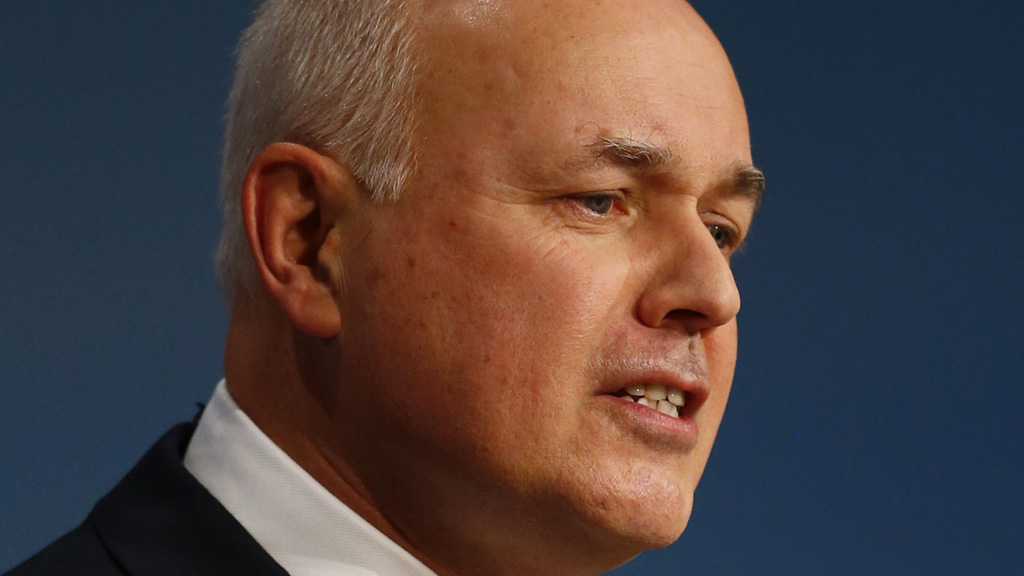‘Bedroom tax’: no U-turn, says DWP
 Ciaran Jenkins
Data Correspondent and Presenter
Ciaran Jenkins
Data Correspondent and Presenter
The Department for Work and Pensions says there will be “no change” to its controversial housing benefit reform, dubbed the “bedroom tax”.

The clarification follows reports that the welfare secretary, Iain Duncan Smith, had “issued an instruction” to officials to “look again” at the policy.
The BBC quoted Mr Duncan Smith saying he had “already issued an instruction” to officials at the Department for Work and Pensions to re-examine how the “bedroom tax” will affect disabled people.
From April, 660,000 social housing tenants face a reduction in their housing benefit because they are deemed to be under-occupying their homes.
Tenants with disabilities will be subject to the penalty, unless a bedroom is used by a non-resident carer who stays overnight.
Severe disability
In January, Channel 4 News highlighted the case of Jayson and Charlotte Carmichael, who will have to contribute an additional £11.90 per week towards the cost of their two bedroom flat, even though Charlotte has a severe disability.
Charlotte suffers from spina bifida and sleeps in a hospital-style bed which is designed especially for her condition, while Jayson sleeps in the second bedroom.
Read more: 'Bedroom tax' - the key questions
The couple are now deemed to be under-occupying the property.
The government hopes the changes to housing benefit will trim £500m per year from the welfare bill.
However, a number of charities have written to Welfare Secretary Iain Duncan Smith warning the “bedroom tax” could hit 420,000 disabled people, their families and carers.
Networks of support
The letter from Carers UK, Mencap, MS Society, Macmillan Cancer, Disability Rights UK, Carers Trust and Contact a Family says “unless disabled people and their families are protected, those affected face financial hardship or being forced to move – moving them away from their networks of support and out of homes adapted for their needs”.
A discretionary housing fund will be administered by local authorities to support those affected by the changes.
A spokesman for the Department for Work and Pensions said: “There is no change to our policy on underoccupancy. We will of course be monitoring this important reform closely as it is implemented in April and will ensure that the £155m in discretionary housing payments are being used appropriately.”
The Local Government Association says it has “not had any information on a possible change of direction”.